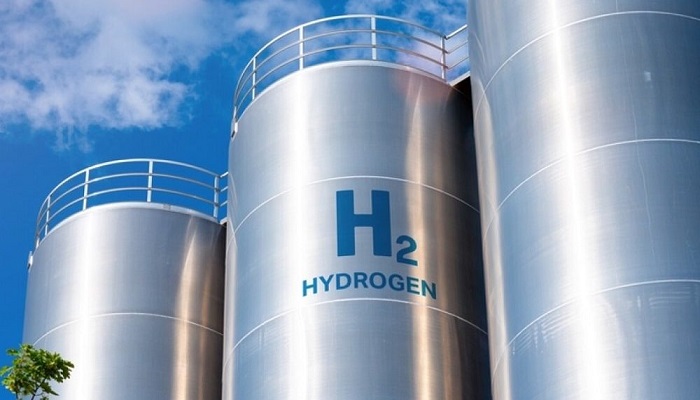Germany, Austria, as well as Italy have inked a joint declaration of intent so as to come up with an advanced hydrogen import corridor that links all three countries. The South Hydrogen Corridor has already been selected as a project of common interest at the European level.
The signing ceremony was attended by ministers as well as senior officials from all three countries on May 30, 2024, along with Kadri Simson, the EU Energy Commissioner, who said that an initiative happens to have the potential to go ahead and become a major project so as to transport the much-required renewable hydrogen to the industrial centers of the EU and also support their decarbonization, and stressed the fact that it is also going to strengthen the interconnection as far as the member states and the partners in North Africa are concerned.
Gilberto Pichetto Fratin, who is Italy’s Minister for Environment and Energy Security, said that their country has gone on to strongly support the Southern Hydrogen Corridor project right from the very beginning. In sync with the Meloni government’s priorities, which look to have a mutually beneficial collaboration with the African nations, Gilberto is confident the corridor is going to be successful in creating clean energy potential when it comes to the African continent and connect it to Europe.
It is well to be noted that the trilateral partnership with Austria as well as Germany comes with the objective of enhancing the energy security of major industrial clusters within the respective nations while at the same time supporting the climate goals that are set by the EU. According to Leonore Gewessler, the Minister for Climate Action and Energy from Austria, the Southern Hydrogen Corridor is going to be critical when it comes to the start-up of a European market, which is why all three countries—Germany, Austria, and Italy came up with a joint working group in 2023 and have now signed a joint declaration with political intent.
This was echoed by Robert Habeck, the Minister for Economic Affairs and Climate Action from Germany, who also opined that the Southern Corridor is going to play a critical role specifically when it comes to the supply of green hydrogen across the southern German areas, thereby pointing out the fact that the development when it comes to the operating hydrogen market within the EU is a sure shot bet in terms of speeding-up the energy shift and specifically decreasing CO2 emissions within the challenging sectors.
The fact is that Brussels looks forward to Europe developing 10 million tons of renewable hydrogen by the end of this decade and also importing another 10 million tons so as to decrease greenhouse gas emissions. But as per the European Commission data, the production of renewable hydrogen in 2022 across Europe was just 20,000 tons.
The actual coordination between all three nations starts now, post-intent declaration. The German minister went on to conclude that a cross-border hydrogen pipeline infrastructure that is well-functioning must be built, through which it is indeed going to be possible to take that significant step so as to create a completely interconnected European hydrogen network.


































